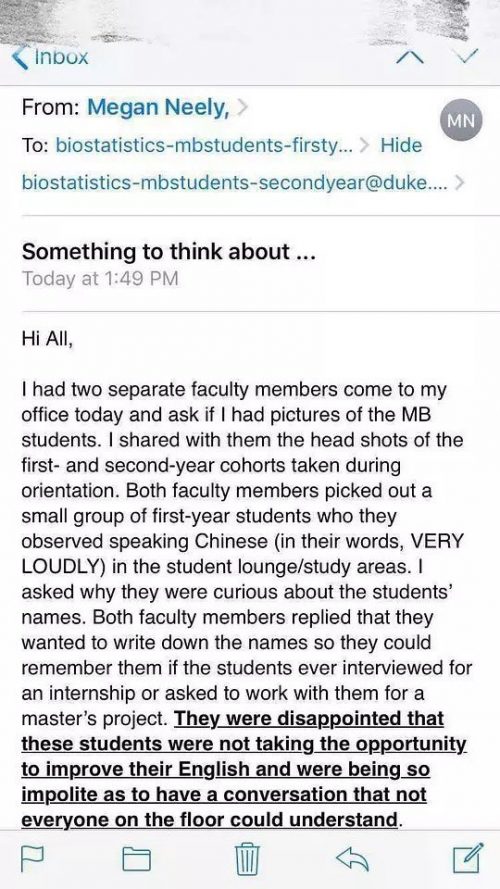All they need to do is visit student residences.
A student died after eating leftover pasta that had been left on his kitchen benchtop for five days.
The 20-year-old from the Brussels in Belgium became sick after eating leftover spaghetti with tomato sauce which had been prepared five days earlier and stored at room temperature.
Many thoughts are wheeling through my brain right now.
What kind of environment was this in that food left out for 5 days wasn’t covered in green fur?
Was it all furry with mold, and the student ate it anyway?
I don’t eat food that’s been refrigerated for more than a few days. How desperate was this person? What circumstances led someone to such a dire meal?
I don’t recommend this as an analysis tool, but how did it taste? Shouldn’t the first mouthful have been his first warning?
He became violently ill after eating it. Second warning. You’ve just done something incredibly dangerous.
I wonder how many student kitchens are greater health hazards than anything they might encounter in a microbiology lab. On second thought…I don’t want to know.
Students do not deserve death for poverty and carelessness. How about if we all recognize that what grows on our food and what we stuff in faces might be the greatest threat to our health and survival?





